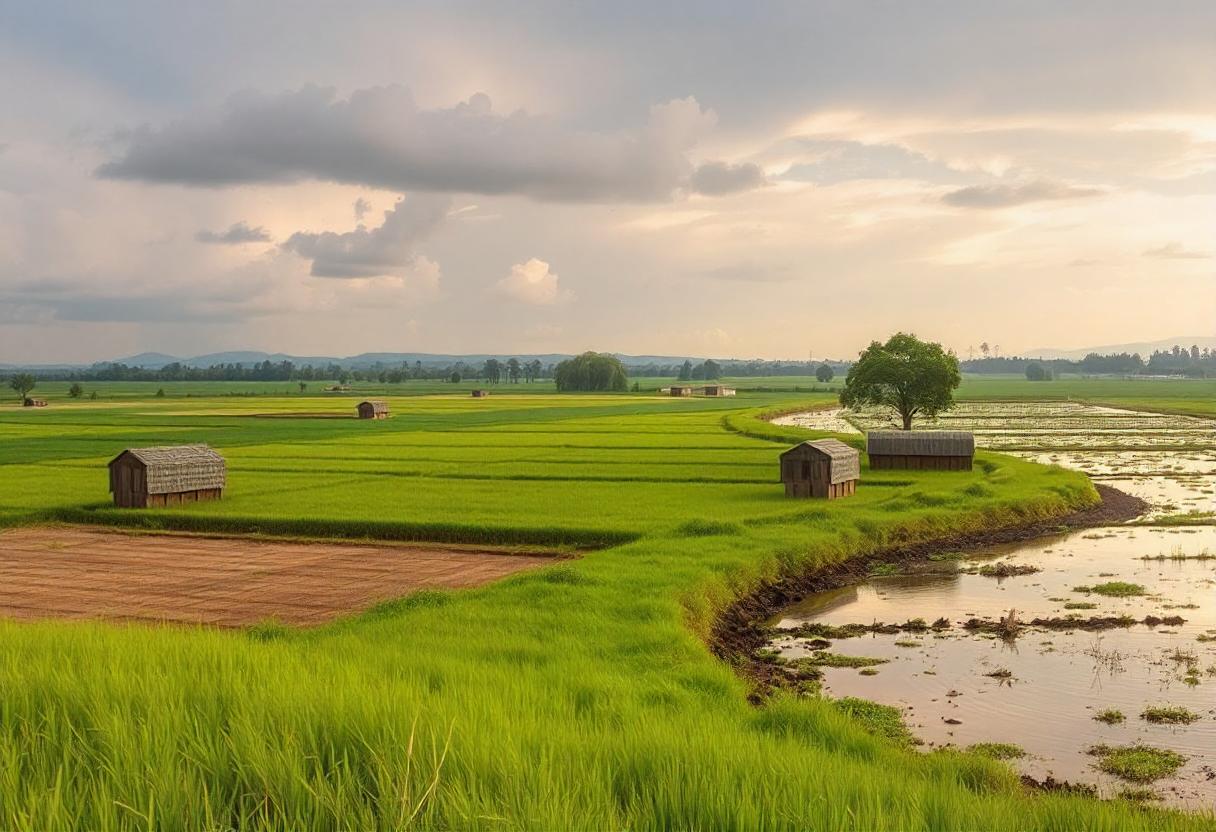
Introduction
Agricultural subsidies are financial supports provided by governments to farmers and agribusinesses to enhance the production and competitiveness of agricultural products. These subsidies play a significant role in shaping global trade, as they influence market prices, production levels, and trade patterns. While they aim to stabilize domestic food production and protect local farmers, their impact on international trade is profound and often controversial.
Distortion of Market Prices
One of the primary impacts of agricultural subsidies on global trade is the distortion of market prices. Subsidized farmers in developed countries can sell their products at prices lower than the actual cost of production. This practice leads to the dumping of surplus agricultural products on the global market, which can undercut producers in countries without similar subsidies. As a result, unsubsidized farmers, especially in developing nations, face unfair competition, as their products become less competitive in the global market.
Impact on Developing Economies
Agricultural subsidies in wealthy nations often have a detrimental effect on farmers in developing economies. Many of these countries rely on agriculture as a significant source of employment and export revenue. When subsidized products flood the international market, local farmers in these regions find it challenging to compete. This not only reduces their income but can also lead to long-term economic challenges, including unemployment, poverty, and rural-urban migration.
Furthermore, developing nations may struggle to access lucrative markets due to the trade barriers imposed by developed countries. While wealthy nations protect their domestic agricultural sectors with subsidies, they often demand market access and free trade agreements from developing countries, creating an unequal playing field.
Disruption of Global Supply Chains
Agricultural subsidies can disrupt global supply chains by encouraging overproduction in certain regions. Subsidized farmers are incentivized to produce more than the market demands, leading to excess supply and waste. This overproduction not only distorts global trade but can also create environmental challenges, such as soil depletion and increased carbon emissions from transporting surplus goods across borders.
At the same time, regions with high levels of subsidization may develop a dependency on external markets to absorb their surplus production. This reliance on global markets can make economies vulnerable to shifts in demand and trade policies, affecting both the exporting and importing countries.
Trade Disputes and WTO Involvement
The impact of agricultural subsidies on global trade has been a point of contention in international trade negotiations. Many developing countries argue that the subsidies provided by wealthy nations give an unfair advantage to their farmers, undermining free trade principles. This has led to numerous trade disputes at the World Trade Organization (WTO), where nations challenge each other over the legality and impact of their subsidy programs.
The WTO has attempted to regulate agricultural subsidies through various agreements, including the Agreement on Agriculture, which aims to reduce trade-distorting subsidies. However, progress has been slow, as many developed countries remain reluctant to reduce their subsidies due to domestic political pressures.
Environmental and Social Consequences
In addition to affecting global trade, agricultural subsidies can have significant environmental and social consequences. The promotion of large-scale industrial farming through subsidies can lead to the overuse of chemical fertilizers, pesticides, and water resources, resulting in environmental degradation. Moreover, the focus on monoculture farming can reduce biodiversity and increase the vulnerability of agricultural systems to climate change.
Socially, subsidies often benefit large agribusinesses more than small-scale farmers. This can lead to the consolidation of land and farming operations, marginalizing smaller farmers and exacerbating income inequality in rural areas. In turn, this affects the social fabric of communities that depend on traditional farming practices.
Conclusion
By examining these diverse factors, it is clear that agricultural subsidies have complex and far-reaching effects on global trade. The challenge lies in balancing the interests of domestic agricultural protection with the principles of fair trade, equitable development, and sustainability.